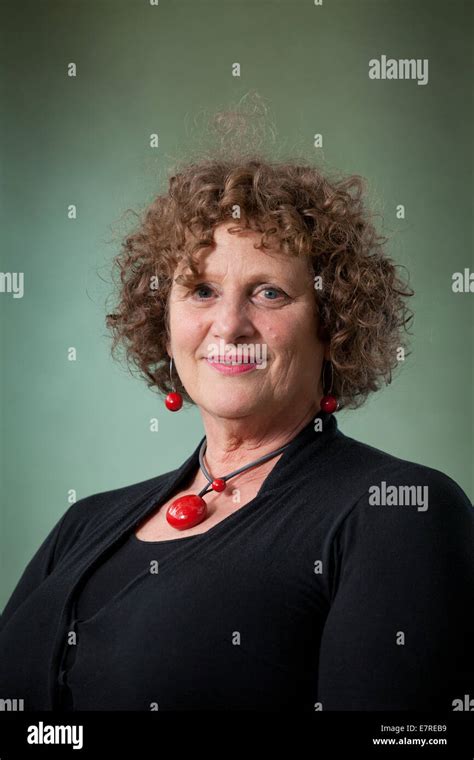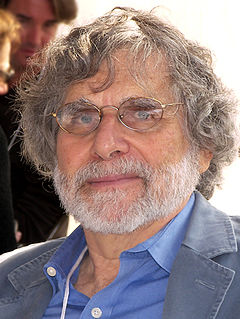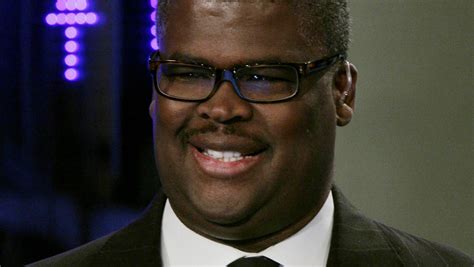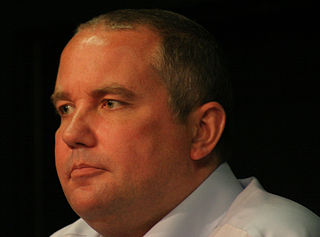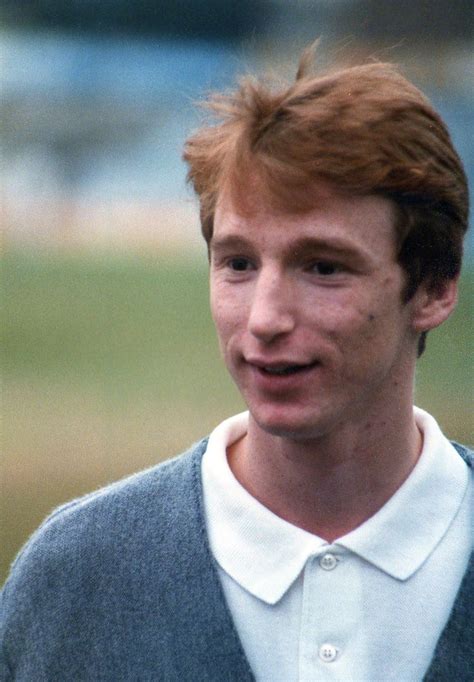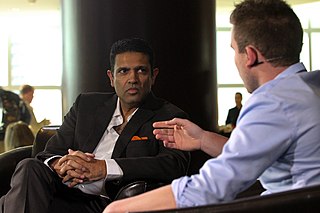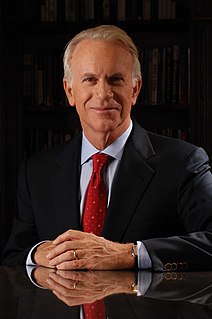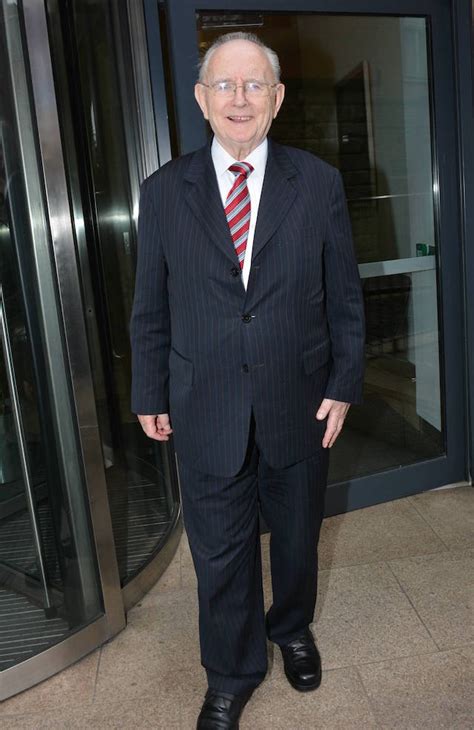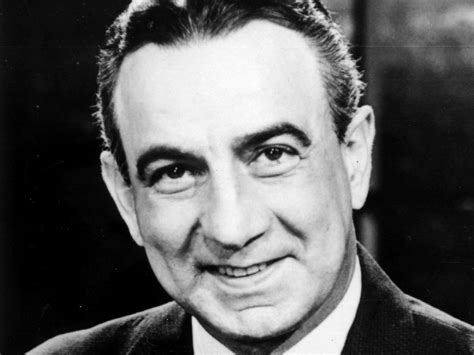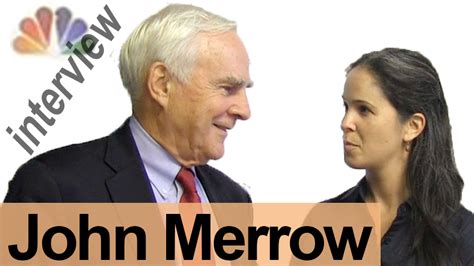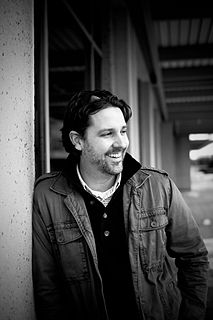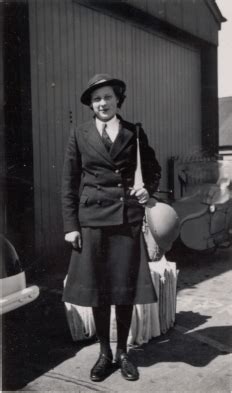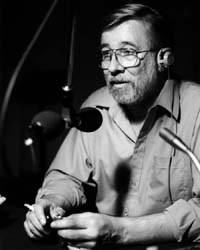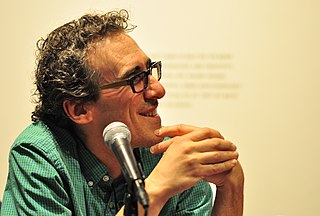A Quote by Ramona Koval
I learned that books could be collected, that they were important enough to keep and that a story that seemed to be over could be part of a bigger one.
Related Quotes
I realized, "Gee, you're making the same film over and over here." I just kept making them for my own amusement, but also with this thought in my head that I could collect enough songs to make an album out of it. I am attracted to non-dramatic moments in life. The idea of a coffee break is not something you'd think of as being an important part of your day, so these shorts were like little free zones in which we could just play around.
I wish - I wish instead of just recommending these books, I could set them down at your doorstep. The collected stories of John Updike, the second volume of T.C. Boyle's collected stories, and Stanley Crouch's book about the rise and times of our genius saxophone player Charlie Parker. These are deep books, books that you can get lost in.
I could, of course, have done no more if no less than affiliated myself in one way or another with a particular church, could have simply read books about Christianity, talked to Christian people, set out to discover something about what a Christian life is supposed to involve and then tried as best I could to live one. But, on the one hand, that didn't seem enough to me, and on the other, it seemed to much.
So, it's always different. Some stuff, you want to do because it's a part that you've never played. It's always for story. Sometimes there's a story that you really dig, but there's no part that you're interested in. Sometimes you read a story and you say, "I could do that. I've never done that before. I could do play that part.
And it seemed hard to believe that these people who were so close to me couldn’t see how desperate I was, or if they could they didn’t care enough to do anything about it, or if they cared enough to do anything about it they didn’t believe there was anything they could do, not knowing—or not wanting to know—that their belief might have been the thing that made the difference.
I don't think that there's a target audience at all. These stories were in circulation. The stories were told by men, told in the marketplace by men, but also behind doors by women, but there's no real record of this. It's likely they were told by women to children in their interior rooms. The story could be a negative story, they could be presented as a, "Watch out! Women will get round you, do things to you, weave you in their toils." It could be buried in it an old cautionary story about women and their wiles.
